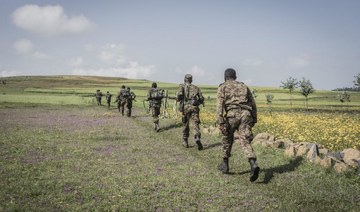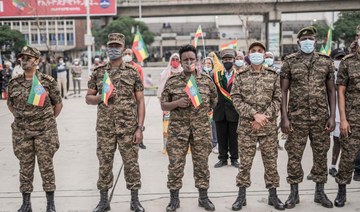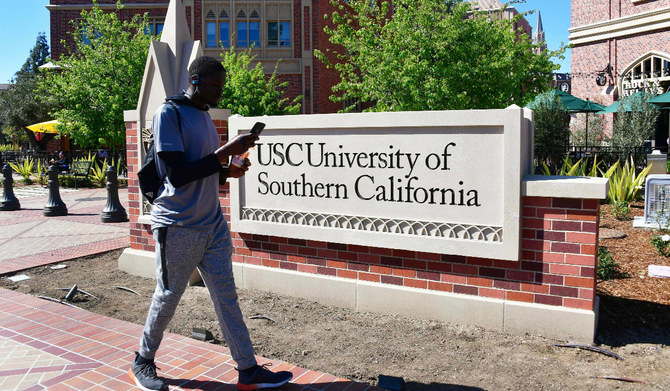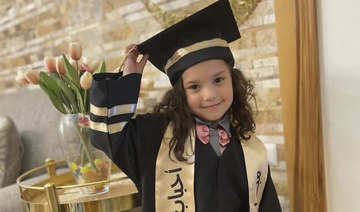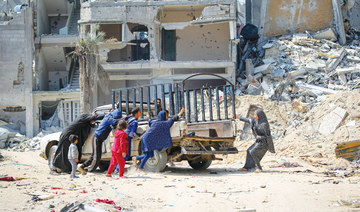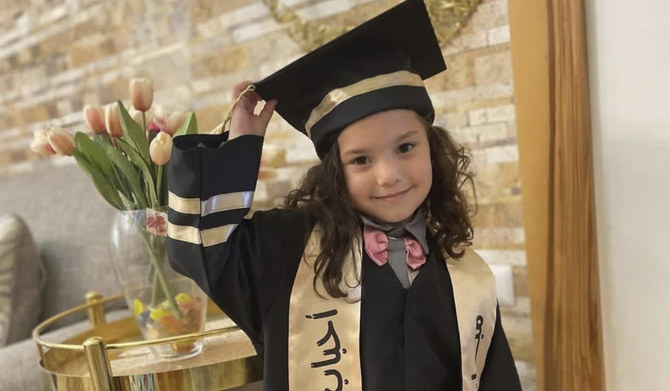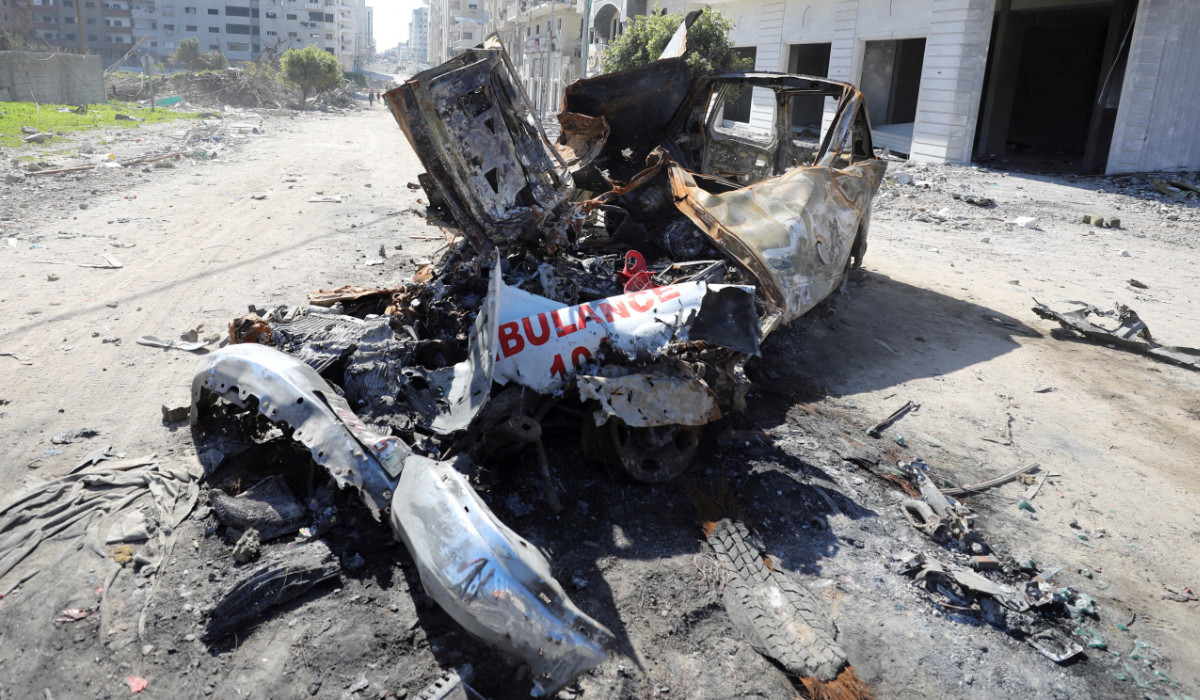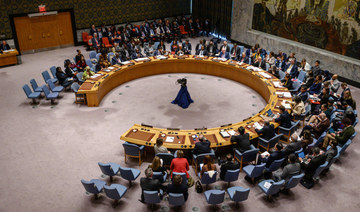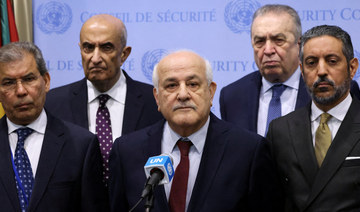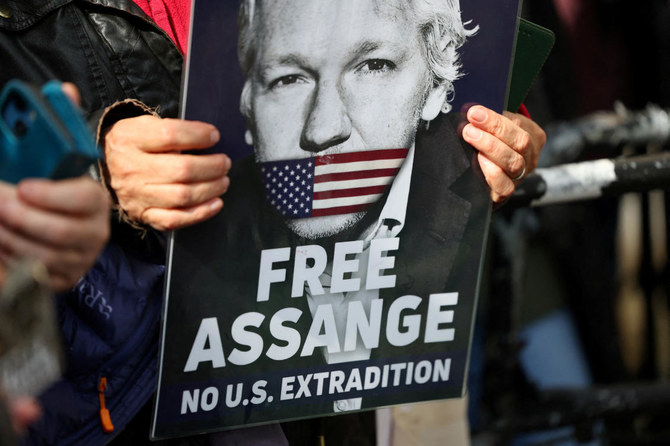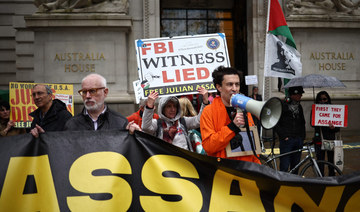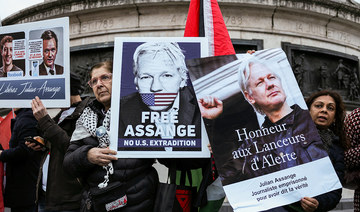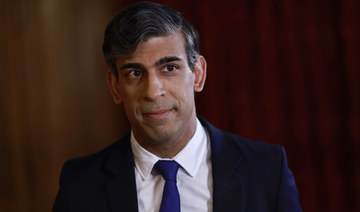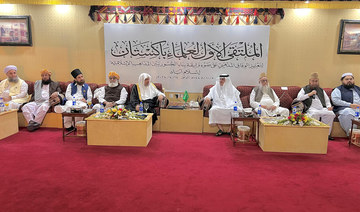NAIROBI: As food and the means to buy it dwindled in a city under siege, the young mother felt she could do no more. She killed herself, unable to feed her children.
In a Catholic church across town, flour and oil to make communion wafers will soon run out. And the flagship hospital in Mekele, the capital of Ethiopia’s Tigray region, wrestles with whether to give patients the expired medications that remain. Its soap and bleach are gone.
A year of war and months of government-enforced deprivation have left the city of a half-million people with rapidly shrinking stocks of food, fuel, medicine and cash. In rural areas, life is even grimmer as thousands of people survive on wild cactus fruit or sell the meager aid they receive. Man-made famine, the world’s worst hunger crisis in a decade, has begun.
Despite the severing of almost all communication with the outside world, The Associated Press drew on a dozen interviews with people inside Mekele, along with internal aid documents, for the most detailed picture yet of life under the Ethiopian government’s blockade of the Tigray region’s 6 million people.
Amid sputtering electricity supplies, Mekele is often lit by candles that many people can’t afford. Shops and streets are emptying, and cooking oil and baby formula are running out. People from rural areas and civil servants who have gone unpaid for months have swelled the ranks of beggars. People are thinner. Funeral announcements on the radio have increased.
“The coming weeks will make or break the situation here,” said Mengstu Hailu, vice president for research at Mekele University, where the mother who killed herself worked.
He told the AP about his colleague’s suicide last month as well as the deaths of two acquaintances from hunger and a death from lack of medication. “Are people going to die in the hundreds and thousands?”
he asked.
Pleas from the United Nations, the United States, the European Union and African nations for the warring sides to stop the fighting have failed, even as the US threatens new sanctions targeting individuals in Africa’s second-most populous nation.
Instead, a new offensive by Ethiopian and allied forces has begun in an attempt to crush the Tigray fighters who dominated the national government for nearly three decades before being sidelined by Prime Minister Abiy Ahmed, the 2019 Nobel Peace Prize winner.
Ethiopia is one of the top recipients of US humanitarian aid. The government in Addis Ababa, fearing the assistance will end up supporting Tigray forces, imposed the blockade in June after the fighters retook much of Tigray, then brought the war into the neighboring Amhara and Afar regions. Hundreds of thousands are now displaced there, widening the humanitarian crisis.
After the AP last month reported the first starvation deaths under the blockade, and the UN humanitarian chief called Ethiopia a “stain on our conscience,” the government expelled seven UN officials, accusing them of falsely inflating the scale of the crisis. The expulsions were “unprecedented and disturbing,” the US said.
Just 14% of needed aid has entered Tigray since the blockade began, according to the UN, and no medicine at all.
“There is no other way to define what is happening to the people of Tigray than by ethnic cleansing,” InterAction, an alliance of international aid groups, said this month of the conflict marked by mass detentions, expulsions and gang-rapes.
“The Tigrayan population of 6 million face mass starvation now,” former UN humanitarian chief Mark Lowcock wrote in a separate statement.
In response to questions, the spokesperson for the Ethiopian prime minister’s office, Billene Seyoum, again blamed Tigray forces for aid disruptions and asserted “the government has worked relentlessly to ensure humanitarian aid reaches those in need.” She did not say when basic services would be allowed to Tigray.
At Tigray’s flagship Ayder referral hospital, Dr. Sintayehu Misgina, a surgeon and the vice chief medical director, watches in horror.
Patients sometimes go without food, and haven’t had meat, eggs or milk since June. Fuel to run ambulances has run out. A diesel generator powers equipment for emergency surgeries only when fuel is available.
“God have mercy for those who come when it’s off,” he said.
No help is in sight. A World Health Organization staffer told Sintayehu there was nothing left to give, even though a warehouse in neighbouring Afar was full of life-saving aid.
Scores of badly malnourished and ill children have come to the hospital in recent weeks. Not all have survived.
“There are no drugs,” said Mizan Wolde, the mother of a 5-year-old patient. Mehari Tesfa despaired for his 4-year-old daughter, who has a brain abscess and is wasting away.
“It’s been three months since she came here,” he said. “She was doing OK, then the medication ceased. She is now taking only oxygen, nothing else.”
Across Tigray, the number of children hospitalized for severe acute malnutrition has surged, according to the UN children’s agency — 18,600 from February to August, compared to 8,900 in 2020. The UN says hospitals outside of Mekele have run out of nutrition supplies to treat them.




